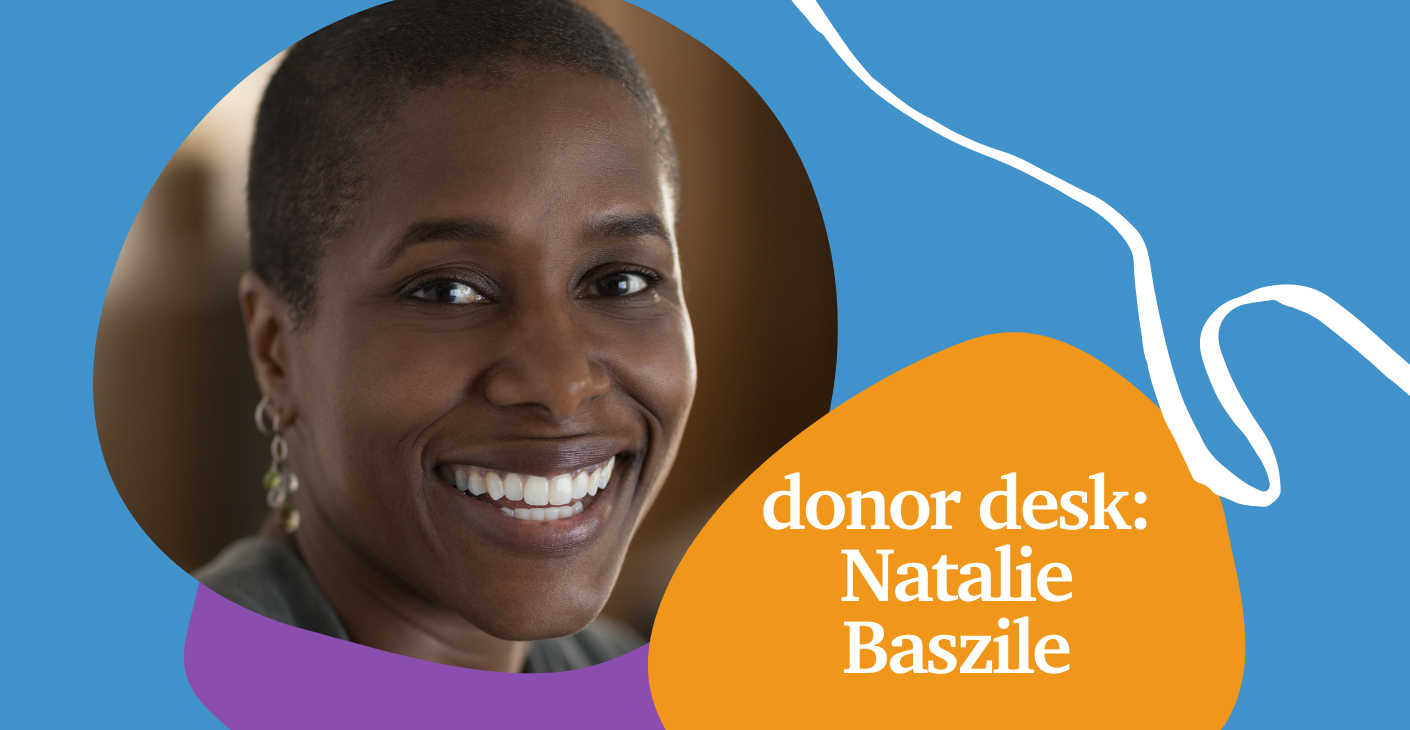How did you first get involved in philanthropy?
My first exposure to philanthropy was in high school when I volunteered at Orthopedic Hospital in Los Angeles, reading books to children suffering from spinal defects. Years later, as an adult, I joined women’s philanthropic organizations devoted to community service and served on several literary non-profit boards.
What issues are you passionate about?
I’m deeply committed to helping Black farmers. In 1920, there were nearly 925,000 Black farmers in the United States who owned nearly 14% of all the arable farmland in this country. Today there are less than 45,000 Black farmers, owning less than 2% of all farmlands. It’s an alarming decline, due in large part to decades of discriminatory tactics deployed against Black farmers by the USDA. There is a constellation of issues from food justice and food sovereignty to land stewardship, and a lack of intergenerational wealth that arise from this long history of struggle. The Biden Administration was poised to offer Black farmers relief, but now that effort is being blocked. It’s more important than ever that non-profits working on behalf of Black farmers get the funding they need to continue this important work.
How has SFF supported your philanthropy?
Until recently I’ve donated to organizations that focused on literature or the arts. But as I wrote my latest book, We Are Each Other’s Harvest: Celebrating African-American Farmers, Land and Legacy, I realized that when it came to Black farmers, I wanted to have more agency in my giving. I noticed that the non-profits working to support Black farmers were often located in rural communities. They were frequently overlooked and desperately underfunded. I saw how even a modest grant could make a big difference. My friend, Deborah Santana, encouraged me to partner with San Francisco Foundation to create my donor advised fund, The Black Harvest Fund. Black farmers need assistance now more than ever. SFF made the process seamless. Now, with The Black Harvest Fund, I’m excited to give grants to non-profits who are helping to educate the next generation of BIPOC farmers. I’m also excited to support non-profits that are working to create policies and programs that will ensure Black and brown farmers gain access to the resources they’ve long been denied.
Tell us about organizations you are passionate about.
The National Black Justice and Food Alliance, Harlem Grown, Urban Tilth, The Mississippi Minority Farmers Alliance, and The Black Farmer Fund are some of the organizations I’m passionate about. All are working with BIPOC farmers in rural and underserved communities.
How and why did you first get involved with them? What inspires you about them?
I was introduced to these organizations as I worked on my latest book which explores the history of Black farmers and Black people’s connection to the land. These organizations have been working with Black and brown farmers for years, often with modest budgets. I am inspired by their determination and their focus.
How has your relationship with this organization been meaningful to you? How have you grown as a philanthropist because of it?
While I am a descendant of farmers, when it comes to issues of Black farmers, land stewardship and Black people’s connection to the land, I see my role primarily as a storyteller and advocate. The beauty of being a writer is that I can stand back and see the larger narrative. It’s deeply gratifying to know that I can use my creative skills to elevate and amplify farmers’ voices and stories and shine the spotlight on this amazing group of people.
If you could solve one problem, what would it be?
If I could solve one problem, it would be ensuring that Black and Brown people had equitable access to land to start their farms.
Donate: Support the Black Harvest Fund by donating here and select the fund from the list of funds to give to on the form.
Stay tuned: We will hold an online event this fall 2021 to have a conversation with Natalie Baszile and San Francisco grantees.


